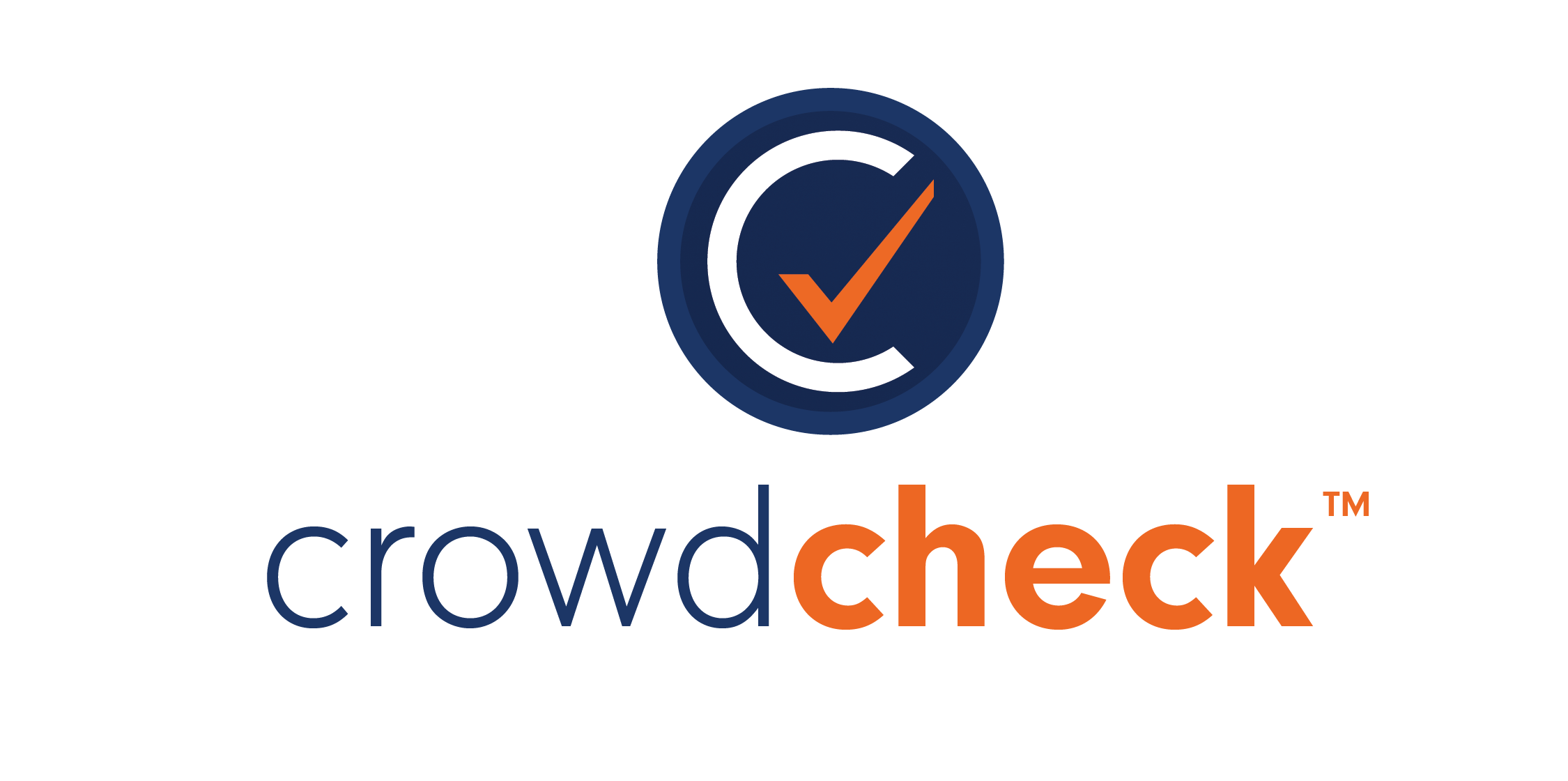I don’t understand the reaction to Facebook buying Oculus by opinion writers. Much of it seems to misrepresent either what was expected to happen or the cause of what happened. For example, Joel Johnson, an early backer of Oculus on Kickstarter and writer for ValleyWag is disappointed his contribution enabled Oculus to obtain venture funding, leading ultimately to the Facebook acquisition. Then there are writers like Barry Ritholtz, who for some reason expresses an opinion that securities crowdfunding under the JOBS Act is to blame for the scam inflicted by Oculus onto its Kickstarter backers. The first reaction seems a bit naive. The second comes off as misinformed and demonstrates that crowdfunding still has a lot of maturing to do before it is recognized as a serious way of raising capital for early-stage companies.
Kickstarter’s mission is “to help bring creative projects to life.” It certainly accomplished that mission in the case of Oculus. Virtual reality gaming has been an area that has tried and failed before. Oculus offered something creative and innovative, but there was no certainty that it would succeed. It is incredibly difficult to obtain funding from traditional sources without current cash-flows or a product in production. With Kickstarter, Oculus was able to test the market, create a following, and obtain feedback from an engaged community. This is a smart strategy for a maker of new, creative products. It is precisely because of the success of this strategy that Oculus was then able to obtain venture capital funding — which has been used to deliver on its promises to Kickstarter backers —and ultimately led to interest by Facebook.
As involved as I am with crowdfunding on a regular basis, I sometimes forget that crowdfunding is still a novel and not well understood concept to many observers. Usually, I am put in the place of assuring people that the JOBS Act and the SEC’s proposal for Regulation Crowdfunding do not impact what is currently happening on platforms like Kickstarter or Indiegogo, where early-stage companies regularly test the market, hoping for Angel or venture funding at a later date. So to read that the JOBS Act enabled Kickstarter to scam Oculus backers was a new, off-base criticism.
First off, the 9,522 backers on Kickstarter knew exactly what they were getting by backing Oculus. Either it was a special thanks, poster, prototype, development kit, Doom 3, premium support, a visit with the Oculus team, or some combination of those perks. They understood they were not getting equity. This was not an offer or sale of securities regulated by the SEC, or recently subject to deregulation by the JOBS Act. Backers were never going to get a return on investment beyond the perk that corresponds to their contribution level.
For a moment, let’s make believe that Oculus did raise money through a crowdfunding transaction under Section 4(a)(6) of the Securities Act and Regulation Crowdfunding. The process would have been much different than what occurred over Kickstarter. For instance, Oculus would likely have been required to disclose a significant amount of information to prospective investors, including that the target raise of $250,000 would not cover all development costs for the product and that additional capital would be raised from other sources. After the close of the offering, investors would receive annual updates that include a short financial status analysis that would reinforce that the company need to seek additional capital, which would dilute early investors’ stakes in the company.
Regardless, Oculus is a success story that demonstrates what can happen when a good idea finds success through crowdfunding. Oculus was able to overcome consumer aversion to virtual reality gaming, which was previously fraught with failures, and establish a market presence before a single unit was produced. They have since used that position to ensure the idea will be brought to fruition.
If backers are mad because Oculus was acquired by Facebook, a company that makes its money on advertising, versus being acquired by a company like Valve, which is intent on developing products for gamers, I completely understand that sentiment. But to be upset the company outgrew its initial rewards crowdfunding financing, or to hold an incorrect belief that this is the doing of securities deregulation, I don’t understand that.

